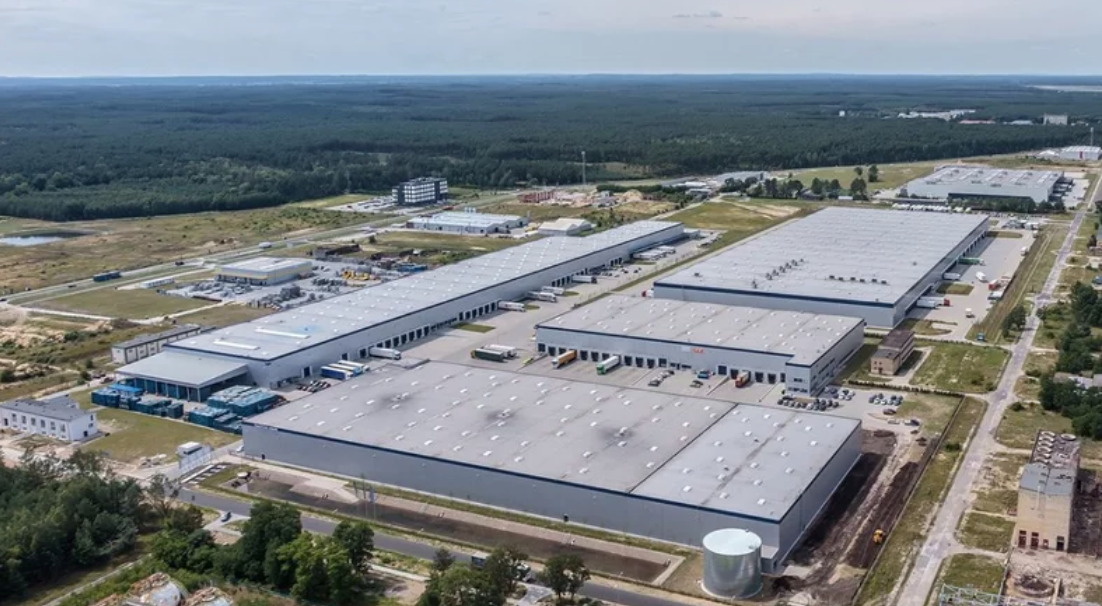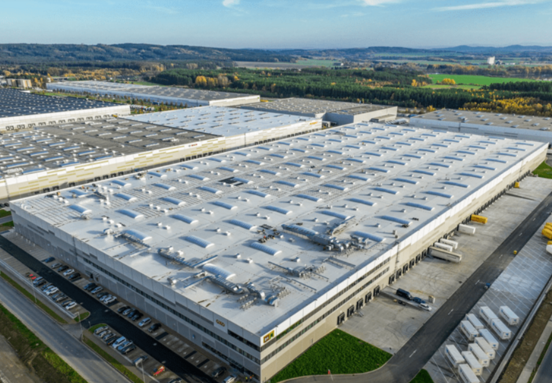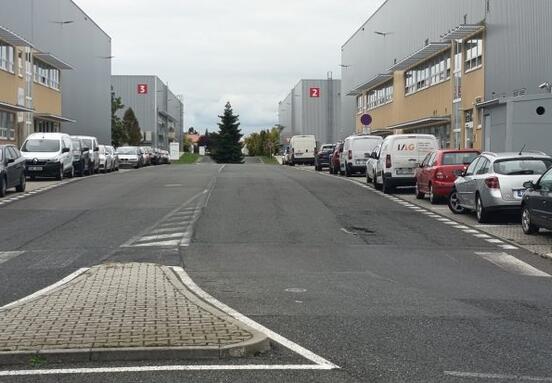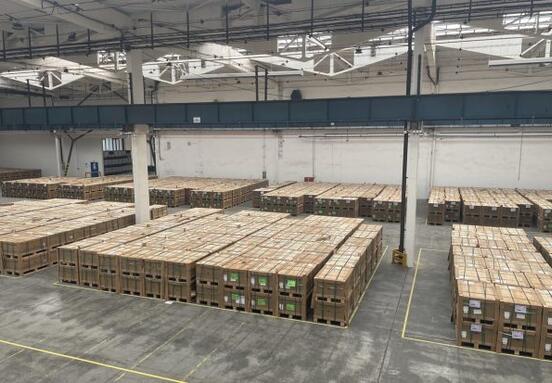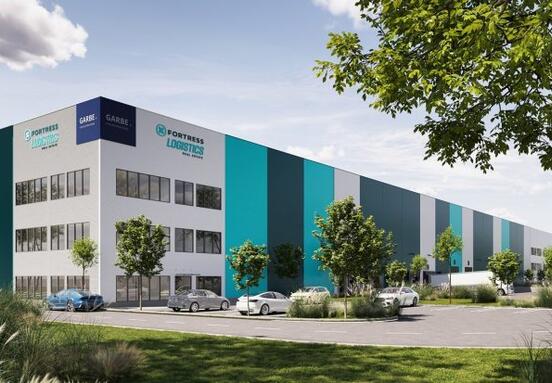At the same time, two thirds of the locations selected for future industrial areas are located precisely on topsoil I. and II. classes. This follows from the database of real estate and areas for business purposes of the state agency Czechinvest. There are almost 280 of these plots out of a total of 460 selected.
The law will also affect industrial zones
According to experts, not only upcoming investment projects, but also Škoda Auto, Hyundai and other large domestic manufacturers would pay for the strict rules if they wanted to expand their current production capacities.
"In principle, it can be said that, for the most part, it would no longer be possible to build other large industrial projects in the Czech Republic," said Ondřej Votruba, executive director of the Association for Foreign Investments - AFI. He added that if the parliament approves a blanket ban on construction, it will be a big blow to the competitiveness of the Czech Republic. "The law will affect not only construction on green fields, but also some brownfields, and even strategic industrial zones," warned Votruba.
The fact that the presented standard does not mention production operations is not essential for gigafactories or smaller projects. "Warehouses form a non-negligible part of production halls. If the term warehouse means industrial construction in general, then this ban will also affect production projects," said Ondřej Míček from the international real estate consulting company Savills. At the same time, it is common for the zoning plans of cities and municipalities to overwhelmingly allow industrial construction for production and storage together.
The Department of the Environment proposes that the restriction only apply to projects with an area of more than one hectare. A hall with a size of four and five thousand square meters can be built on one hectare. But strategic projects require spaces of tens to hundreds of thousands of square meters.
According to experts, Poland, Slovakia, Hungary or Germany do not apply a similar ceiling. There has been a shortage of industrial land in the Czech Republic for a long time, and further restrictions would raise the prices of parcels. This would make the construction of new plants as well as products manufactured and stored domestically more expensive. "I completely agree with the need to protect the soil fund, but it is necessary to find a compromise between the environment and the market," says Míček.
In a quarter of a century, two percent of topsoil has decreased
According to the land cadastre, the Agricultural Land Fund (ZPF) represents 4.2 million hectares, i.e. over 53 percent of the state's area. Total area of land I. and II. of the class affected by the proposed amendment to the law is less than half, approximately 1.6 million hectares. On average, only 150 hectares of topsoil with the highest bonito are removed from the ZPF every year for production and storage. According to the Czech Statistical Office, the area of cultivated land has decreased by only two percent over the past twenty-five years.
This is one of the reasons why some industrial developers see disputes over the standard as a "political exercise". According to them, they are not planning construction on the best agricultural sites, because it would just waste time. "We have to offer potential clients zones that ideally already have a valid zoning decision, so that we can compete with neighboring countries in the speed of project construction," said a representative of one of the big players on the market on condition of anonymity.
Developers have to speculatively search for suitable plots of land and offer them to investors and tenants only at an advanced stage of permitting. "We are looking at multiple locations, many of which will not be successful. The fact that there is an area for industrial construction in the regional plan does not mean in the Czech reality that industrial construction will ultimately be allowed there," noted the developer.
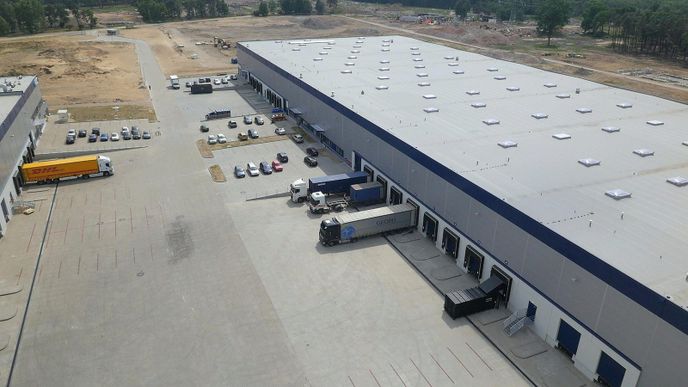
Warehouses are a necessary part of production operations. Restrictions on the construction of storage spaces would therefore also affect the gigafactory.|Accolade
Even the company Urban Developers and Investors (UDI) does not have or is planning any of its Czech projects of logistics areas on agricultural land I. and II. classes. "If we want to have the legal order systemically set, then in my opinion it is not logical to make similar fundamental restrictions across the board and not take into account specific cases," says UDI strategy director Marcela Fialková.
However, the current intentions of the developers mainly concern smaller or medium-sized projects. If there was a chance to obtain a strategic investment again, such as Volkswagen's factory for batteries for electric cars, the Czech Republic would already be disqualified by the upcoming amendment to the law.
According to the developers, instead of tightening the clauses, the state should develop a strategic plan for the development of industry and trade and assess specific construction in a given location. "It would be up to the state authorities to decide which interest, the building or the field, prevails," added Fialková. According to her, the current amendments to the law should lead back to the original draft, which left decisions to professional bodies.
The coalition parties were afraid of their own promise
The tussle over the amendment to the law is an example of political zeal that would backfire like a boomerang. Strengthening the protection of agricultural land is in the programs of all five parties of the current government. The KDU-ČSL, which controls the Ministry of the Environment, the Pirates and STAN, has a tough approach. On the contrary, ODS is for more moderate rules.
On the other hand, it is not only the Citizen Democratic MPs, but also their colleague David Šimek, who started advocating for the softening of the presented paragraphs. "Manufacturing operations cannot do without storage space, with some exceptions. At the same time, there are companies like Hyundai that will build a factory, but then bring other companies to the region, for example logistics," argues Šimek, who is a co-author of one of the amendments.
Even the second proposal, written by ODS MPs Ivan Adamec and Jan Bureš, softens the original strict ban so that the Czech Republic does not close its doors to economically advantageous projects. While Šimek would entrust the granting of exemptions to the Department of the Environment, Bureš and Adamec would implement the limits directly into law. It would be possible to build on the most fertile plots, for example, until the share of land taken exceeds the legal limit.
Ministry spokesperson Veronika Krejčí also admits mitigation for projects with great economic and social potential: "It is conceivable that an exemption could be granted, for example, to a logistics area that would be part of a technology center in the sense of research, development, testing, data management or advanced production and Similarly." The currently valid standard allows for the removal of the best and most protected land, provided there is a strong public interest that outweighs the protection of such land.
The amendment to the law is also criticized by the Union of Towns and Municipalities because, according to it, it unacceptably replaces the territorial planning documentation of municipalities and will make it much more difficult for them to create any larger projects. In addition, some industrially oriented cities, such as Mladá Boleslav, Brno or Kolín, are surrounded only by agricultural land I. and II. classes. Tightening the rules would completely stop their further development.
